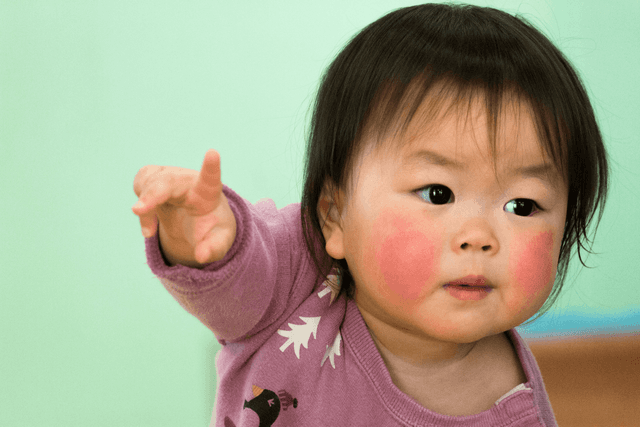Practice
When times are tough – advice on talking to children about difficult world events

Freya Lucas
Jan 13, 2021
Save
As 2020 has shown, events such as natural disasters, terrorism and pandemics can be part of children’s lives long before they have the language to process them, or the level of understanding needed to make sense of them.
Many adults shy away from difficult conversations with children about the events of their world, preferring to distract them with changing the channel, moving away, or assuring them with platitudes like “but that’s never going to happen to you.”A better approach, advice from the Fred Rogers Center says, is “to listen with our ears and our hearts and to be assured that our questions are just as important as our answers.”
With children being especially sensitive to the moods and conversations of adults around them, the Center has compiled the following suggestions for supporting children when the news in their world is difficult:
- When the world feels uncertain and the news is scary, we can help children feel safe by letting children know we will always care for them and love them, no matter what.
- Be mindful of what children hear and see on the news. Children can overhear media and conversations that are not intended for them. It is best that they learn from a trusted adult, through meaningful and intentional conversations.
- Let children know you are always open to their questions. Before you answer it can help to ask the child, “What do you think?” or “What have you heard?” Sometimes, children may understand more than we realize, may have misinformation, or may have a much simpler question than we assume.
- If you know more about what the child is wondering, it can help you give a simple and honest answer.
- It’s okay if you don’t know an answer to the child’s question. You can let them know, “I wonder about that, too” and that you will share as you learn more.
- It can help to ask the child more about what they are feeling. Simply listening to the child’s feelings around their uncertainty can help them feel safe.
- Let children know that their feelings are always safe with you, whether they are feeling worried, angry, sad, or anything at all.
It is important for caring adults, including early childhood education and care (ECEC) professionals to care for the children in their lives by caring for themselves.
Setting boundaries, taking moments to rest, and finding a support network are all important ways that adults can bring the best of themselves to their interactions with children.
“Even when you are overwhelmed, unsure of what to say, or are struggling, you are just what the child in your life needs and you are enough,” the Center said.
Finally, the Center draws on the following quote from Mr Rogers - “anything that’s human is mentionable, and anything that’s mentionable can be more manageable.”
For more information about the work of the Fred Rogers Center please see here.
Don’t miss a thing
Related Articles



















